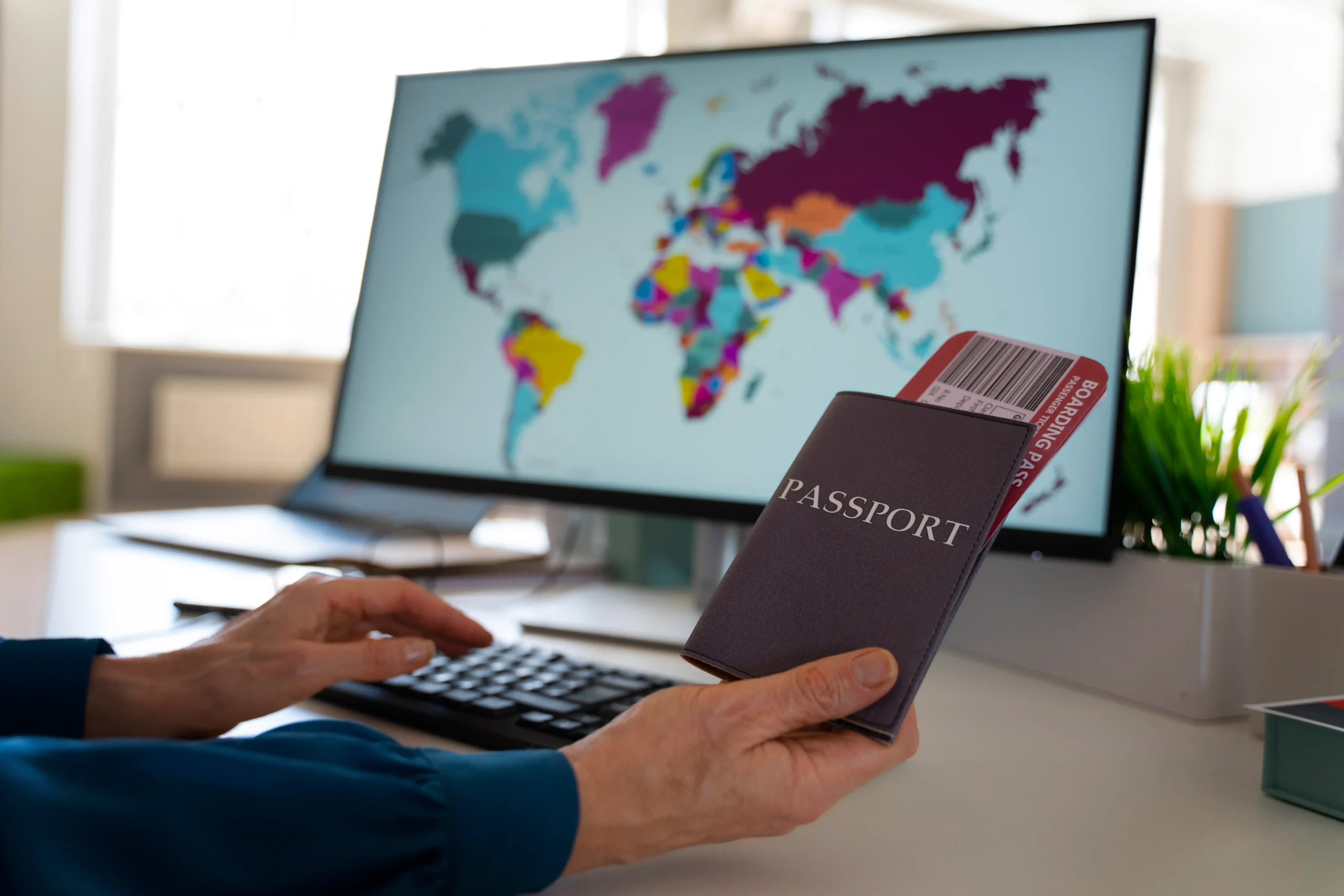Static Success or Hidden Cost?
The Real Accessibility of UAE’s Freelance and Digital-Nomad Visas
By Hafsa Qadeer


The UAE has reinvented itself not just as a luxury destination, but as a hub for the global workforce on the move. With Dubai now ranked among the world’s top two destinations for digital nomads, it’s easy to be dazzled by the skyscrapers, tax incentives, and smart city buzz. Yet beneath the shimmering surface lies a quieter question: Who is this freedom really for?
On paper, the freelance and digital-nomad visa schemes offer a progressive, future-forward model. These visas promise flexibility, location independence, and access to world-class infrastructure without the burden of local employment. However, in practice, the system reveals structural gaps that challenge the very foundations of accessibility, inclusion, and long-term sustainability.
The main issue lies in the paradox between the policy’s intent and its lived reality. While the government positions these visas as part of its economic diversification efforts, the framework appears to favor well-resourced expatriates with stable foreign incomes. For the average freelancer or remote worker, especially those from emerging economies, the UAE presents a costly, high-maintenance environment that’s difficult to navigate without institutional support.
One of the first friction points appears at the bureaucratic level. Obtaining a visa may be relatively straightforward, but accessing everyday essentials, like bank accounts, health insurance, mobile services, and long-term rentals, often involves a labyrinth of paperwork, expensive premiums, and inconsistent regulation. The freelance tag, while officially recognized, still lacks social legitimacy in many service sectors. This disconnect forces many into gray zones of temporary workarounds or co-living setups that strain both finances and mental health.
Another challenge is financial sustainability. Despite the appeal of tax-free earnings, the high cost of living in cities like Dubai or Abu Dhabi rapidly neutralizes any perceived benefits. Many freelancers struggle with unpredictable cash flow, client payment delays, and limited access to financial tools such as credit, loans, or subsidies. In essence, they operate as one-person businesses, bearing all risks without the protections afforded to traditional employees or even licensed SMEs.
Moreover, healthcare, a vital concern for any mobile professional, remains a major blind spot. Although basic health insurance is a prerequisite for visa approval, the coverage is often minimal, expensive, and lacks continuity across Emirates. For digital nomads with chronic conditions or families, this becomes a major obstacle. The absence of affordable, comprehensive healthcare options puts into question how truly sustainable these freelance lives are, especially over the long term.


Then comes the issue of permanence, or the lack thereof. These visas are largely temporary, renewable annually, but without a clear path to permanent residency or integration. While this may suit short-term digital tourists, it creates long-term instability for those who wish to build roots, contribute to the local economy, and participate in social life more meaningfully. The UAE’s vision of becoming a magnet for global talent must reconcile this tension between flexibility and belonging.
There is also the risk of building a two-tier freelance economy, where high-earning consultants, tech entrepreneurs, and digital creators thrive in elite coworking lounges, while mid-level professionals, educators, and creatives struggle in isolation. Without social support networks, inclusive pricing, or access to policy dialogue, this imbalance could deepen existing inequalities in the labor market.
The Emirates’ push for digital work is a commendable step toward modern economic frameworks. But ambition must be matched by infrastructure, and inclusivity must go beyond invitation. For these visa programs to succeed beyond numbers and headlines, they need to address the everyday realities of freelance life: affordability, access, legal protection, and human dignity.
As the country positions itself at the center of the remote work revolution, it must decide whether to build a model of digital migration that is equitable and resilient, or one that is selective, precarious, and ultimately unsustainable. The visa is not just a document; it’s a promise. And it must deliver more than entry; it must deliver opportunity.

